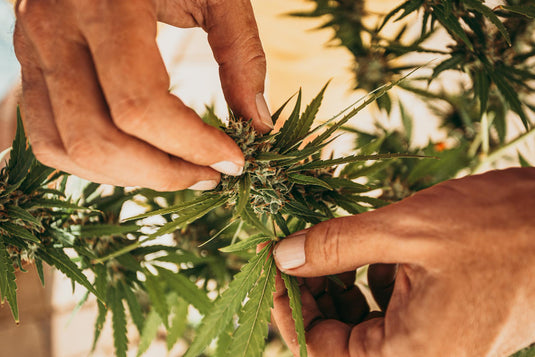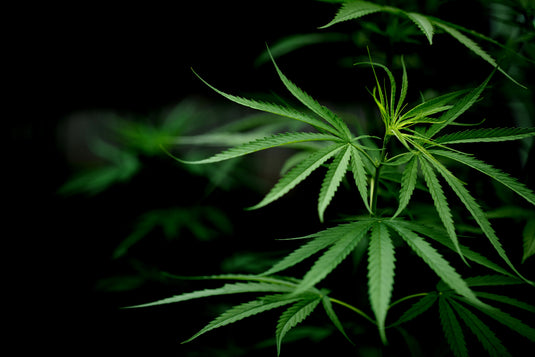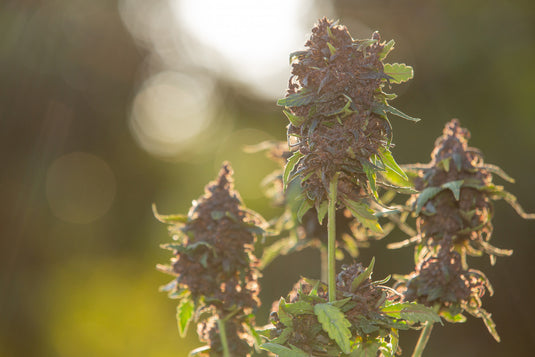A guide to CBD topicals
While looking through your local health store, glossy magazines, or your Instagram feed, you might notice that CBD topicals are incredibly popular right now. Beauty influencers and athletes alike are praising CBD-infused topical treatments.
CBD topicals include:
Face creams
Facial oils and serums
Balms
Muscle rubs
Cleansers
Massage oil
Bath bombs
Most CBD topicals are used for one of two reasons: to soothe pain or to promote healthy skin. Although CBD needs to be studied further, some research does suggest it can be used to relieve pain and skin conditions.
CBD for pain
CBD is often used for pain. Although this needs further research, many people claim to use CBD for chronic pain, painful injuries, headaches, and more.
Some research suggested that CBD topicals could be used to help with arthritic pain and swelling, nerve pain, and jaw pain. However, we’d need more human clinical trials before we know for sure.
We know that inflammation and pain go hand-in-hand, and there is some research that suggests that CBD has anti-inflammatory properties.
Many CBD topicals combine cannabinoids with known anti-inflammatory, pain-fighting ingredients, from lidocaine to arnica, menthol, and magnesium salts. If you’ve been advised to massage tense muscles or sore injuries, you might benefit from using a massage oil or cream.
CBD for skin conditions
You might notice that some CBD products are marketed as promoting healthy, better-looking skin. But can CBD really improve your complexion?
Although there isn’t enough research on the topic, some studies suggest that it might be able to help with acne, eczema, and psoriasis.
A 2014 study published in The Journal of Clinical Investigation observed the effects of CBD on human skin samples. The researchers concluded that CBD could regulate our sebocytes - cells that produce our skin’s natural oils. A 2016 study reached the same conclusion.
Many skin problems are caused by too much sebum or too little sebum. This can cause dryness, acne, and oily skin. The above studies suggested that CBD might be able to help with acne for that very reason. Also, if CBD does soothe inflammation, it might be able to soothe inflamed and infected pores.
Acne isn’t all: a 2019 review found that CBD might be able to treat psoriasis, a painful condition where skin cells grow too fast. However, the review noted that more human trials are needed.
A small 2019 study and a small 2020 study, participants with eczema used CBD topicals. A significant amount of participants claimed that their eczema improved.
Using CBD topicals
If you’ve decided to use CBD topicals, remember that the CBD isn’t the only ingredient you need to look out for.
As with any cream or serum, it’s important to pay attention to all the ingredients before you make a purchase. Be wary of ingredients that typically irritate or dry out your skin. If you have sensitive skin, do a patch test and monitor how your skin reacts.
When CBD is applied topically, very little gets into the bloodstream. Instead, it works on the cells in the skin itself. Because of this, you can combine CBD topicals with CBD gummies, oils, flower, and more.



